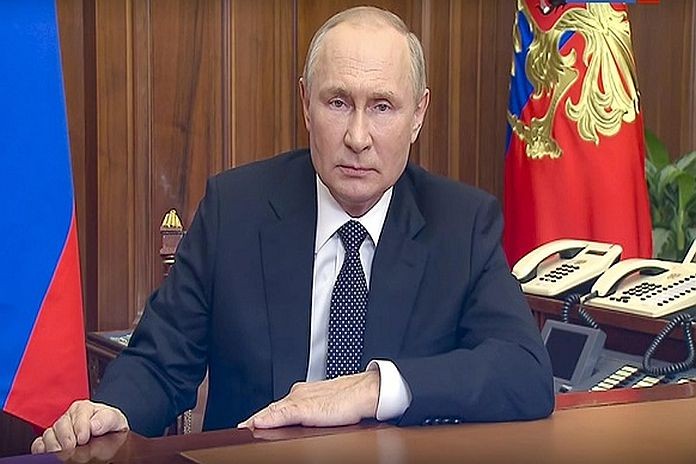BRUSSELS, Belgium – The Council decided Saturday to set an oil price cap for crude oil and petroleum oils and oils obtained from bituminous minerals (CN code 2709 00) which originate in or are exported from Russia, at USD 60 per barrel.
The level of the cap was established in close cooperation with the Price Cap Coalition and will become applicable as of 5 December 2022.
The price cap on Russian oil will limit price surges driven by extraordinary market conditions and drastically reduce the revenues Russia has earned from oil after it unleashed its illegal war of aggression against Ukraine. It will also serve to stabilise global energy prices while mitigating adverse consequences on energy supply to third countries.
On 6 October 2022, the Council adopted a decision prohibiting the maritime transport of Russian crude oil (as of 5 December 2022) and petroleum products (as of 5 February 2023) to third countries, and the related provision of technical assistance, brokering services or financing or financial assistance.
The Council decision also introduced an exemption from the above-mentioned prohibitions for crude oil or petroleum products which originate in or are exported from Russia, and are purchased at or below a pre-established price cap agreed by the Price Cap Coalition.
Today’s decision sets the level at which the exemption apply, and introduces a transition period of 45 days for vessels carrying crude oil originating in Russia, purchased and loaded onto the vessel prior to 5 December 2022 and unloaded at the final port of destination prior to 19 January 2023. As the price cap may be periodically reviewed to adapt to the market situation, today’s decision also sets a transition period of 90 days after every change in the price cap, to ensure coherent implementation of the price cap by all operators.
The functioning of the price cap mechanism will be reviewed every two months to respond to developments in the market, and will be set at least 5 percent below the average market price for Russian oil and petroleum products, calculated on the basis of data provided by the International Energy Agency.
The Council also introduced an “emergency clause” which allows the transport of oil beyond the price cap or the provision of technical assistance, brokering services or financing or financial assistance related to the transport, when these are necessary for the urgent prevention or mitigation of an event likely to have a serious and significant impact on human health and safety or the environment, or as a response to natural disasters.
In the face of Russia’s war of aggression, the EU stands resolutely with Ukraine and its people, and is unwavering in its support of Ukraine’s independence, sovereignty and territorial integrity within its internationally recognised borders.





